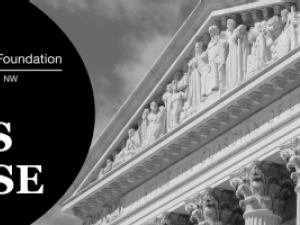"Those are the additional costs for stopovers in Cologne, canceled flights and business that we lost because of the ban," Peter Gerber told Reuters on the sidelines of an event.
A court in Hesse banned flights at Germany's largest airport between 2300 local and 0500 from the end of October following an appeal by residents over the noise.
The ban mostly affects cargo flights, and Lufthansa Cargo has in response announced plans to station a freight plane in Cologne, and shift goods there via road for onward transportation.
"The switch to Cologne has worked," Lufthansa Cargo chief executive Karl Ulrich Garnadt said at the event, but added that even taking on additional freight in Cologne could not make up for the costs of the detour.
More than half of German air freight flies out of Frankfurt, Garnadt said, with about 80 percent of Lufthansa Cargo's worldwide tonnage being handled there.
Garnadt said the impact of the night flight ban was especially noticeable on the North Atlantic route to Chicago.
Lufthansa Cargo has yet to come up with a long-term alternative for its operations should the night flight ban be upheld by a new court ruling due next year. For 2011, the financial impact of the ban will be about 15 million euros.
"We are working on a 'Plan B' at the moment. If the night flight ban in Frankfurt remains in place, we will significantly reduce our growth plan there," Garnadt said, adding a summer flight schedule would be set late this year or early next year.
Lufthansa Cargo has already put on hold plans to invest around 1 billion euros in Frankfurt as a result of the ban.
CFO Gerber affirmed, though, that the company was not considering delaying an order for Boeing 777 freighters, with the first delivery due in 2013.
Asked whether the carrier might rethink its business on the North Atlantic route if the ban had led to a decline in business, he said: "It is always worth flying to Chicago." (Reuters)








